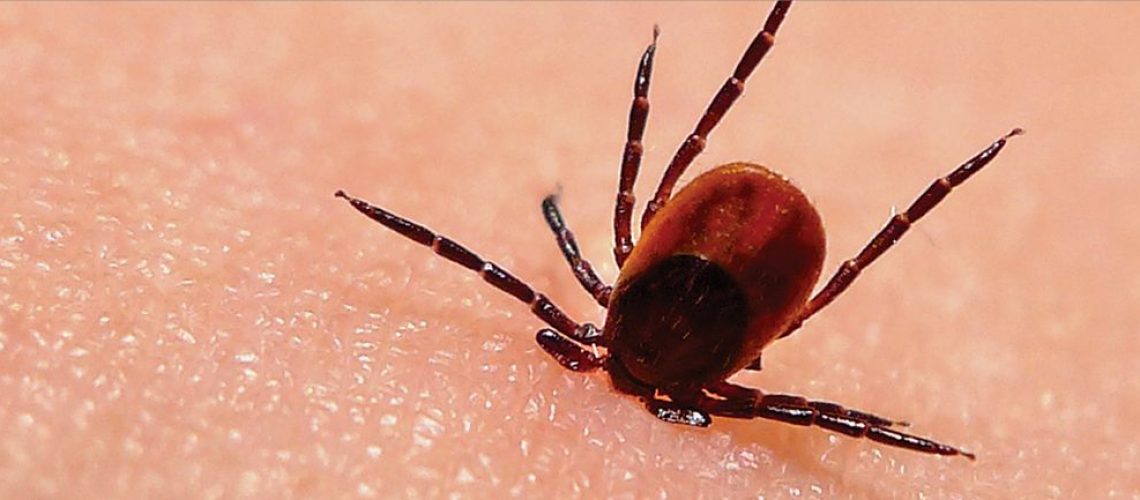Spring has sprung in the wake of a mild winter, and with the early warmth comes an early infestation of Pennsylvania’s favorite parasite: ticks. Pennsylvania has been called the Lyme Capital of the country for its high population of ticks and frequent cases of Lyme disease. This is a tick-borne bacterial infection that can cause a variety of symptoms ranging from mild to severe. The disease is often difficult to diagnose because its earlier symptoms are somewhat nonspecific, like headaches, fatigue, muscle aches, and fever, however additional symptoms of Lyme disease occur in the teeth and mouth.
Lyme bacteria, like other types of bacteria, resides in the mouth. The disease can cause tooth pain unrelated to cavities or any other dental issue, which might indicate Lyme disease to your dentist. However, the misdiagnosis of any of these symptoms by a dental professional could result in unnecessary procedures, like root canals. Knowing these oral symptoms can help you identify Lyme disease early, so you can get the right kind of treatment right away.
Oral Symptoms of Lyme Diseases:
- Dry mouth
- Tooth sensitivity
- Pulpitis, or the oral inflammation of dental pulp
- Pain in the chewing muscles
- Pain in the temporomandibular joints
- Bell’s palsy, or partial facial paralysis
How to Prevent Ticks:
- Use tick prevention for your dog or other pets. If your pet picks up some ticks outside, he or she will bring them into your home. This makes you and your family vulnerable to tick bites too.
- When you’re going outside, especially in grassy or wooded areas, cover up. Wear long pants and long socks so that a tick will not have immediate access to your skin.
- Wear a tick repellent bug spray containing DEET.
- If you, your family members, or your pets contract a tick, remove it immediately with care. Use a pair of tweezers, gripping the tick as close to its head as possible. The earlier a tick is removed, preferably within 24 hours, the less likely it is that the tick will pass on Lyme disease to the person or animal.


